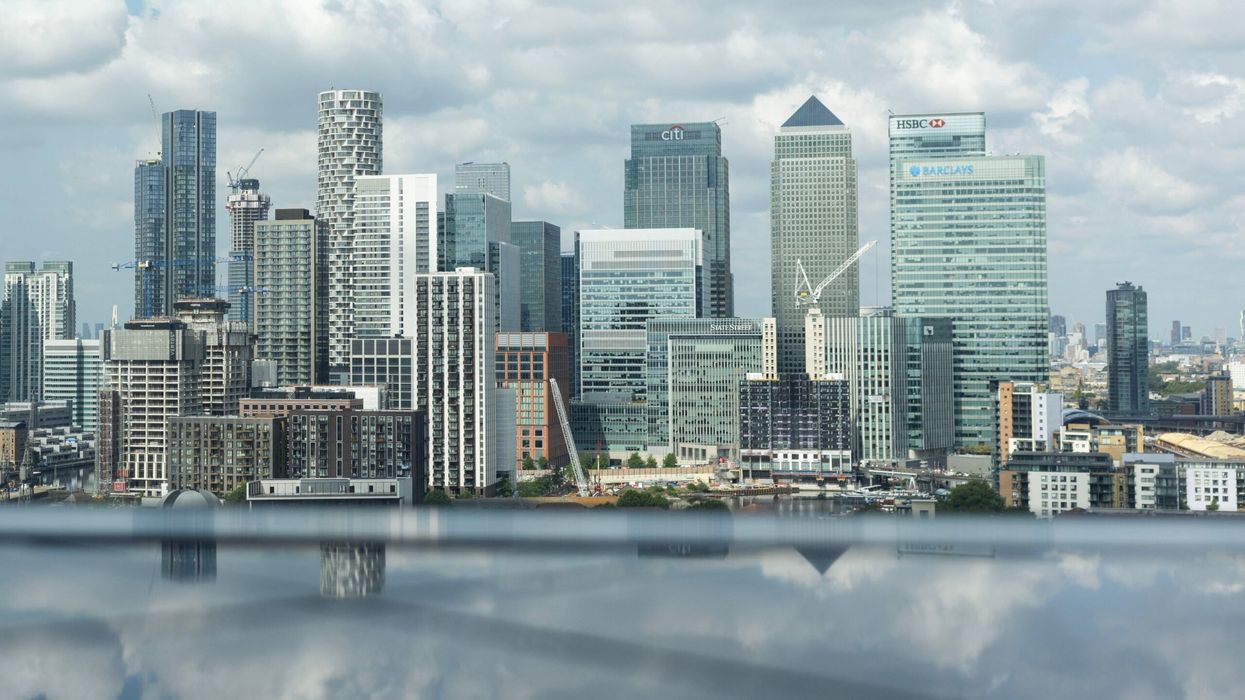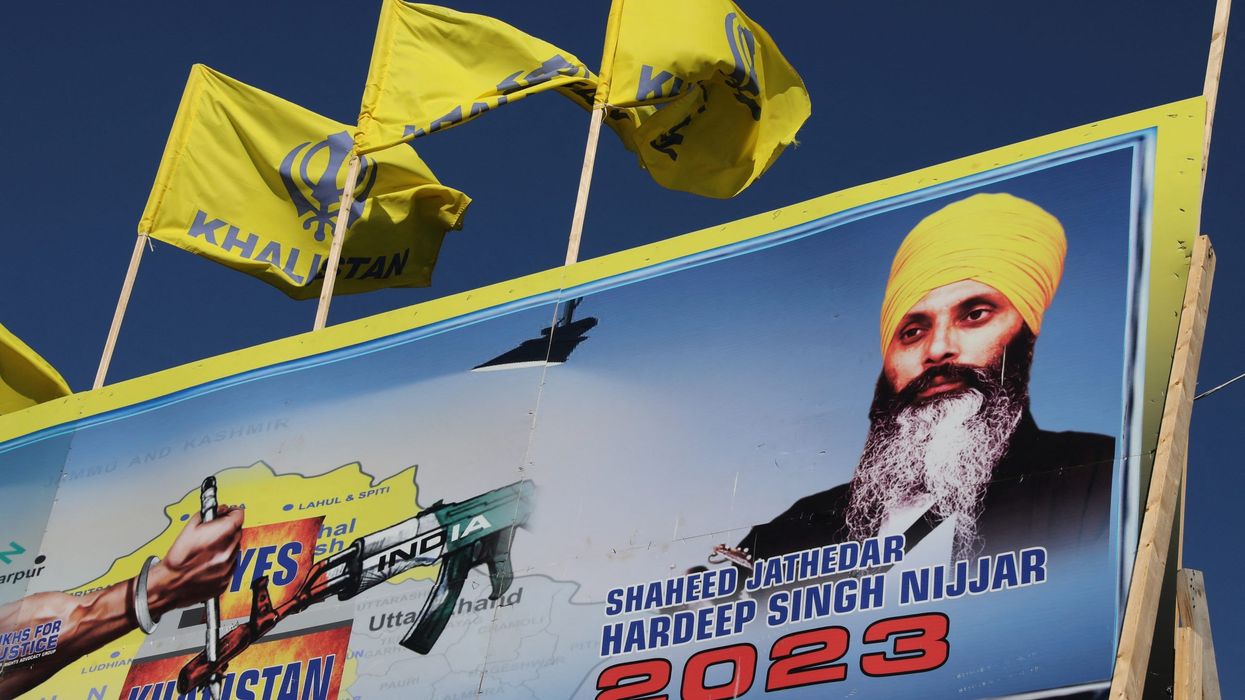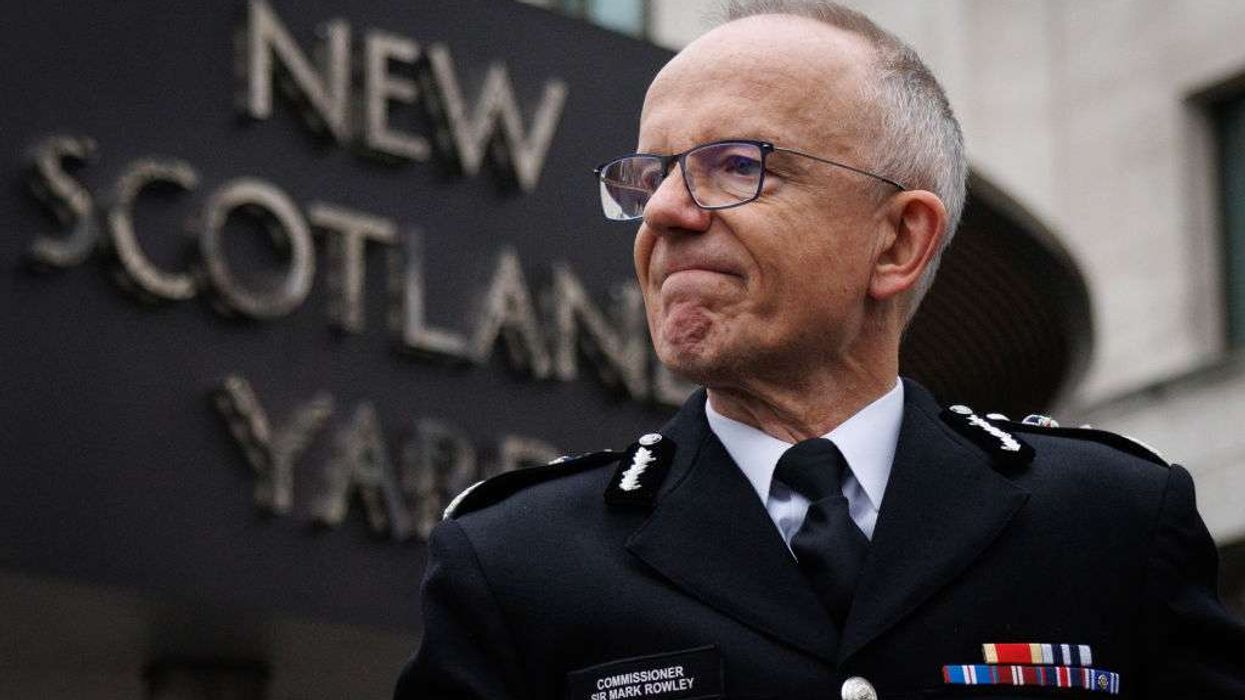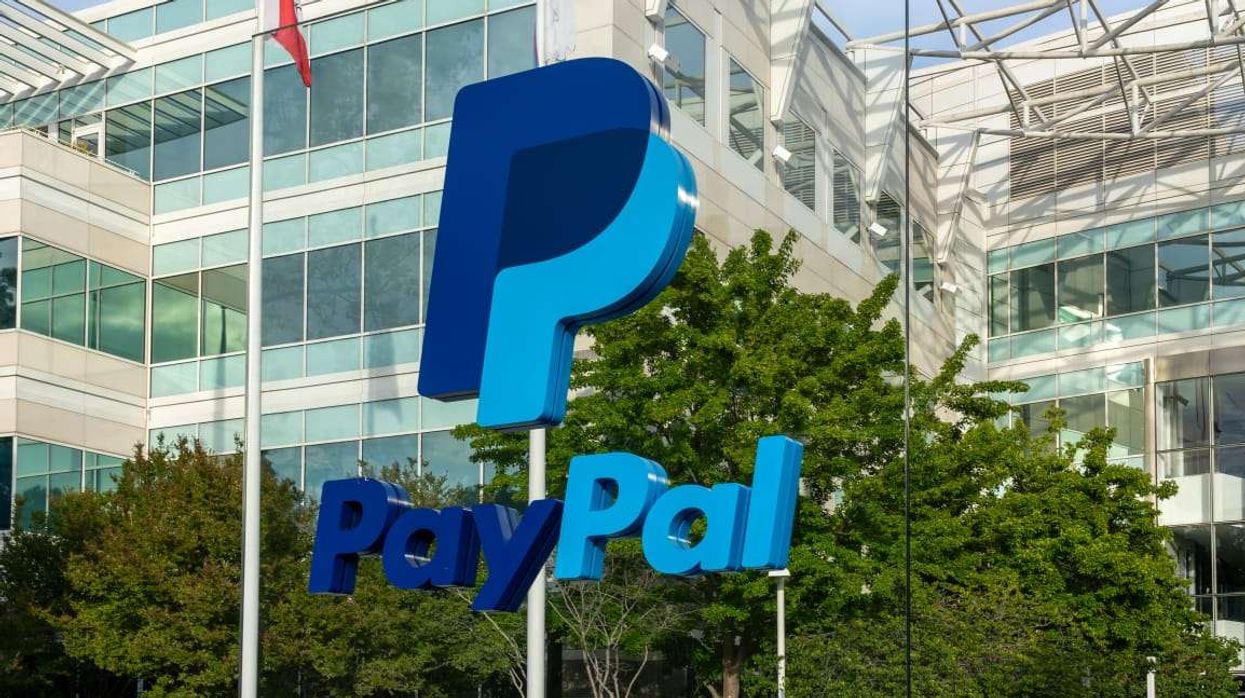UK ECONOMIC growth remained weak in the third quarter as a cyberattack on Jaguar Land Rover in September reduced output, data released on Thursday showed.
The figures come ahead of chancellor Rachel Reeves' budget later this month.
The Office for National Statistics (ONS) said the economy grew 0.1 per cent in the July-September period. This compared with 0.3 per cent growth in the second quarter.
Economists polled by Reuters and the Bank of England had expected growth of 0.2 per cent for the quarter.
In September, the economy fell by 0.1 per cent, compared with forecasts for no change.
Following the data, investors increased bets that the Bank of England will cut interest rates next month. Market pricing showed the probability rising to about 82 per cent from 60 per cent earlier this week. The pound rose slightly against the dollar.
The figures are not expected to shift discussions around Reeves' November 26 budget. The government has said it wants to "kickstart" the economy, but growth remains slow.
Suren Thiru, economics director at the ICAEW, said: "The UK's unrelentingly sluggish growth trajectory is a headache for the chancellor as it will inevitably mean a substantial fiscal shortfall at the budget, making major tax hikes look unavoidable."
The ONS said production of motor vehicles fell 28.6 per cent in September, the biggest monthly drop since April 2020. The fall in car output reduced GDP by 0.17 percentage points in September and 0.06 percentage points over the quarter.
The SMMT, cited by the ONS, said "a cyber incident paused production at a major manufacturer". JLR, owned by India's Tata Motors, operates three factories in Britain that together produce about 1,000 cars per day.
An independent cybersecurity body estimated last month that the hack cost the British economy 1.9 billion pounds and affected more than 5,000 organisations.
A drop in commercial vehicle production in September also weighed on the sector.
The Bank of England expects growth of 0.3 per cent in the fourth quarter.
Reeves said the figures showed Britain had the fastest-growing economy among G7 nations in the first half of 2025, but that more work remained.
(With inputs from agencies)














